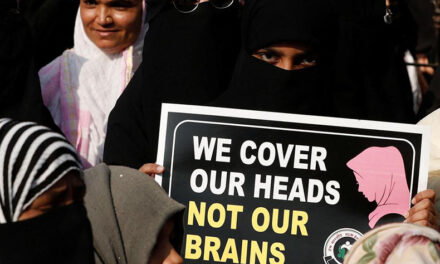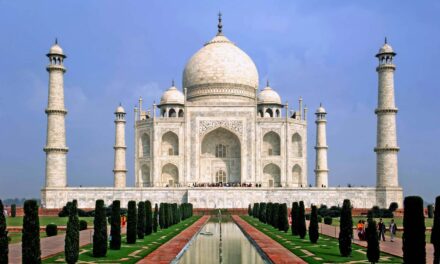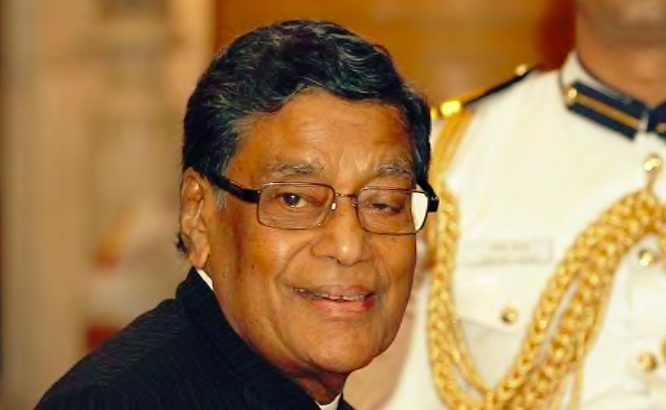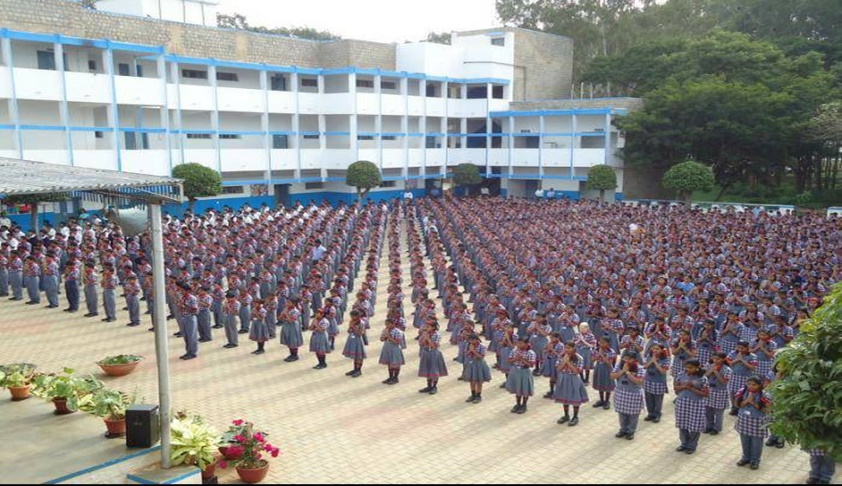A five-judge constitution bench of the Supreme Court on Wednesday commenced hearing on the politically sensitive Ram Janmabhoomi-Babri Masjid land dispute case.
The Supreme Court on Wednesday reserved its order on the issue of going for negotiation and appointment of negotiators to resolve the vexed Ayodhya dispute involving Ram temple and Babri Masjid.
A five-judge Constitution bench presided over by Chief Justice Ranjan Gogoi sought to brush aside the reservations expressed by Uttar Pradesh and Hindu sides, barring ‘Nirmohi Akhara’, on carrying out negotiation to bring an end to the dispute.
“We understand this is a dispute about sentiments and faith. It is not a dispute upon a piece of land. We are conscious of the gravity of the dispute and its impact on the body politic. It is about heart and mind and healing of relation,” the bench said as it heard arguments opposing any negotiation.
Senior advocate C S Vaidyanathan, appearing for ‘Ram Lalla’, a party to the dispute, contended the High Court had attempted Section 89 of Civil Procedure Code for alternate dispute mechanism after hearing of the parties but it failed.
“In a case like this, related to Ram Janmabhumi, faith and belief cannot be negotiated. What can be considered is an alternative place for mosque, which can be built by crowdfunding. Nobody can agree to any negotiation on Ram Janmabhumi,” he said.
The bench, also comprising Justices S A Bobde, D Y Chandrachud, Ashok Bhushan and S Abdul Nazeer, sought to discard a contention made by a counsel raising the issue of “atrocities by invaders”, saying, “You don’t have to repeat all these things.”
“We have also read History. We don’t have any control over what happened in the past. We can do what happens in the present,” the bench added.
“Are you saying it is going to be a failure, even before it is attempted? You are prejudging,” the bench further told the council.
The court asked the parties to present names of negotiators during the course of hearing. It said the orders would be passed shortly.
Senior advocate Rajeev Dhavan, appearing for the Muslim sides, said in all religious matters, there would always be sentiments.
It will always be a matter of angst for some as seen in the case of Sabarimala temple. We are open to negotiation, he said.
It should be noted batch of appeals filed against the 2010 Allahabad High Court judgement is pending before the court.









